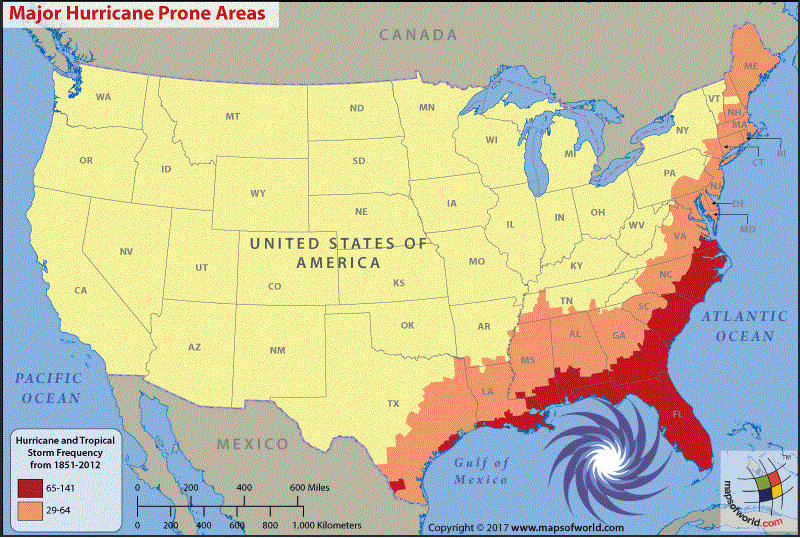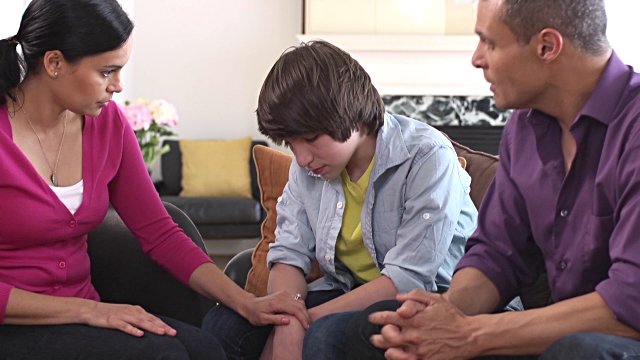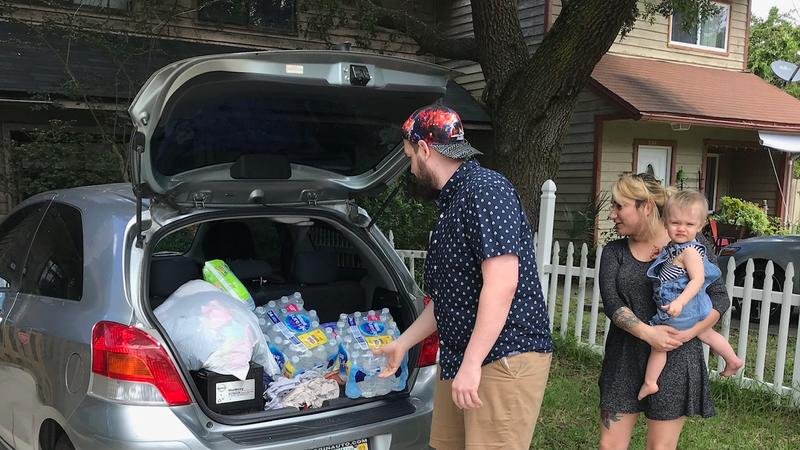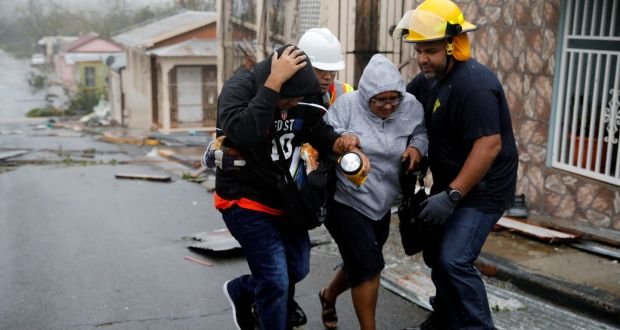How to Prepare for a Hurricane?

Hurricanes are huge storm systems that form over oceans and move towards land. Probable threats from hurricanes include powerful winds, heavy rainfall, coastal and inland floods, tornadoes, landslides, rip currents, etc. Hurricanes can occur along any US coast or in the territory in the Atlantic or Pacific oceans and can affect areas beyond 100 miles inward. If you are living in a hurricane-prone area then here are some highlights on how to prepare and take actions.
Gather Information:
Before taking any presumptive action, first, you need to figure out whether you are living in an evacuation area. Assess your risk and know your home’s susceptibility to storm surge, flooding and wind. Storm surge is water from the ocean that is forced towards the shore by the thrust of the winds swirling around a hurricane and can cause extreme coastal and inland flooding. It can create a massive wall of water, over twenty feet, and can be pushed towards the shore and several miles inland destroying property and rampant damage to both property and lives.
To understand whether you live in evacuation are, first understand the national weather service forecast products Contact your National Weather Service office and local government or emergency services to find out what type of emergencies might occur and the steps that you need to deal with such emergencies.

Make a Plan:
Consider making a plan urgently. Your family may not be staying together with you so it is very crucial to understand what types of disaster could affect your area. Plan how you will contact one another and reconnect if separated. Fix a family meeting place that is easy to find and that’s familiar with all your family members. Put together an emergency plan by discussing with your family friends and create your emergency plan.
Your emergency plan should include suggestions regarding how you will receive emergency alerts and warnings, what can be your plan for the shelter in case disaster strikes, what is your evacuation plan, how will you communicate with your family or household in case they are separated. While preparing your plan make sure that your plan relates to your specific daily living needs and responsibilities. Discuss your needs and responsibilities and how people in your network can help each other in regards to communication, care of children, pets, specific needs like medicines, medical equipment, dietary needs, etc.

Consider the factors like different ages of members within your household, responsibilities for assisting others, locations frequented, medical needs including prescriptions, disabilities and access to devices and equipment, pets or service animals, household and school-aged children and cultural or religious considerations. When disaster strikes your immediate concern will be your safety and safety of others. Once the danger passes you will need to access the financial and medical records along with the contact information of people whom you might know to help you start the recovery process. It will be very crucial to safeguard these critical documents so that you can access them during a contingency.
Jot down all the priceless personal items that you wish to protect from damage or take with you. Think about those documents you might require to identify yourself and your family members like birth records, marriage or divorce certificates, passport, drivers license housing lease or rental agreement, vehicle loan document, insurance policies medial prescriptions and any priceless valuables or possessions with monetary values, etc.
Plan to Evacuate
A wide variety of crisis situations may cause an evacuation. In some cases you may have a day or two to prepare for such emergencies while other situations might call for immediate actions. Planning ahead for such contingencies is vital to ensuring that you can evacuate quickly and safely, no matter what the situation is. Before planning any evacuation, try to learn the types of disaster that are probable in your area. Once you have learnt the types of disaster that might hit your area you need to plan how you will live and where you will go if you are advised to evacuate.

Identify the places which are familiar to you and your family where you could go in an emergency, it can be your friends house or a motel in another town. Choose your destination wisely so that you can have more than one option during an emergency. If you have pets then you need to safeguard them as well so choose a place to stay that will accept pets, however, be aware that most public shelters allow only service animals so make sure that you understand the instructions clearly. Make sure that you are familiar with alternate routes and other means of transportation out of your area.
Make a plan for family or household communication and re-unification so that you can take immediate steps and maintain contact and re-unite in case you are separated. Assemble the supplies that you might need during evacuation. If you have a car make sure that you keep a full tank of gas in if it seems likely that you need to evacuate on short notice. Make sure that you are carrying an emergency kit in your car. During evacuation reach out for the shelters that are open during such disasters. Leave early enough to avoid being trapped by hostile weather. If you keep pets then take your pets with you, however, it is important for you to know that only service pets are allowed in public centers.

Before leaving your house, secure your home by closing and locking doors and windows. Unplug all the electrical equipment such as televisions, refrigerators and other electrical appliances. Turn off the gas and electricity before leaving. While you are evacuating yourself and your families take waterproof clothes like raincoats, waterproof shoes etc. Carry supplies such as water and non-perishable foods for the car ride. Consider keeping back-up batteries in case power outage continues.
Recovering from Hurricanes
Recovering from a disaster like storm surge is a gradual process. Safety is a major concern here. If you can find any assistance then knowing how to access it will make the process faster and less taxing. Check for injuries. It is advisable not to make any attempt to move any seriously injured persons unless they are in immediate danger of death or further injury.

In such circumstances, call for help immediately. If you find the victim is not breathing, try to provide mouth-to-mouth resuscitation. Harrowing times like these are very strenuous. You will need rest and also you need to drink a lot of clean water. Before you enter your home make sure that you inspect them carefully. Check for loose power lines, gas leaks and structural damages. Carry with you a battery-powered radio so that you can listen for emergency updates and news reports.
Watch out for animals especially snakes which might enter your house during a hurricane. Check for any weakened walls or sidewalks or roads. Do not enter your building if you smell gas, find your building still flooded or your home is damaged by fire and authorities have not declared it safe.

While waiting out a storm be careful the danger might not be over yet. The calmness might not indicate that the storm is over. One swallow doesn’t make a summer. The winds might change direction quickly and return to hurricane force. Be careful and make a note of the steps mentioned above, these points can provide some helpful tips during your preparation for a hurricane.




![Photo of How to Enable Edge Flags [5 Best Flags]](https://techstuff.website/wp-content/uploads/cover-1024x576-1-390x220.png)